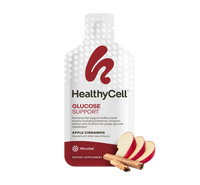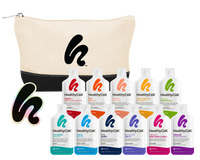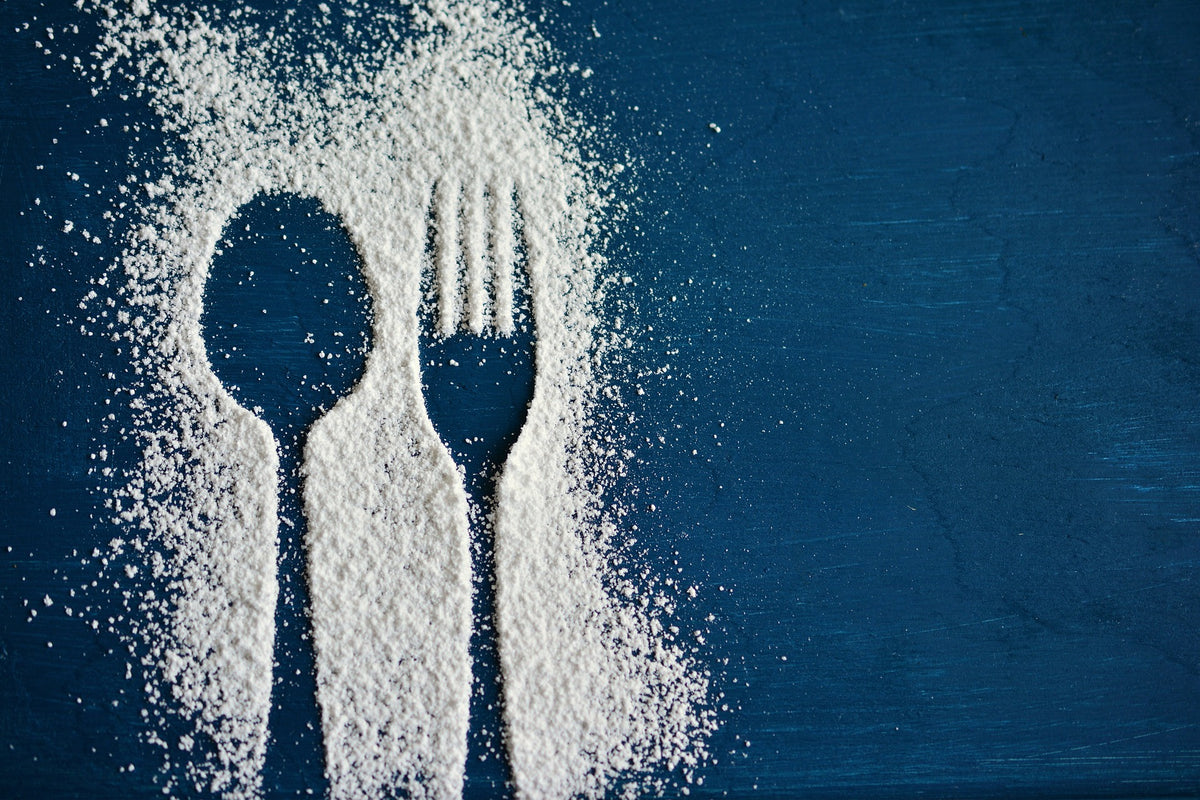Although it’s common knowledge that a diet rich in saturated and trans fats is associated with high cholesterol, many people don’t realize that a diet rich in sugary foods may also raise your cholesterol. A diet high in sugar can be detrimental to your overall health in other ways as well. Reducing added sugars can help you consume fewer empty calories and maintain a healthy weight, both of which are beneficial for your heart.
The American Heart Association advises men and women should consume no more than 6 teaspoons and 9 teaspoons, respectively, of added sugar per day. However, many consume far more than the advised amount, leading to several health issues, including weight gain, high cholesterol, obesity, and type 2 diabetes.
The distinction between naturally occurring sugars in meals like fruits and dairy products and added sugars, such as white or refined sugar, is important. Foods with naturally occurring sugar are better alternatives to those with added sugar since they contain essential nutrients and fiber. Added sugars have no nutritional value.
Two varieties of cholesterol exist:
Cholesterol from low-density lipoprotein (LDL)- the waxy, fat-like substance that builds up in the walls of your arteries and can obstruct them can occur when you have high amounts of this "bad" cholesterol—your risk of having a heart attack or stroke increases as a result.
Cholesterol from high-density lipoprotein (HDL)- the "good" cholesterol is this. HDL collects all the extra LDL in your bloodstream and sends it back to the liver, eliminating it from your body. HDL also reduces your risk of developing heart disease.
When you consume too much sugar, your liver produces more LDL and less HDL.
High Glucose and High Cholesterol
There is a relationship between high glucose (blood sugar) levels and high cholesterol levels, but the relationship is complex and can vary from person to person. However, eating excessive amounts of added sugar can cause high blood glucose. The main fuel for the body's cells is glucose, but when blood levels are excessively high, a number of health issues can arise.
High blood glucose levels can contribute to high cholesterol levels in several ways. One way is that when blood glucose levels are high, the body may produce more insulin to try to lower the glucose levels. Insulin can stimulate the liver to produce more cholesterol, leading to higher cholesterol levels in the blood.
In addition, high blood glucose levels can damage the lining of blood vessels, causing the formation of plaques containing cholesterol and other substances. Over time, these plaques can narrow the arteries and increase the risk of heart disease.
However, not everyone with high glucose levels will necessarily have high cholesterol levels, and vice versa. Other factors like diet, exercise, genetics, and medication use can also affect cholesterol levels. Read How to Improve Heart and Vascular Health for more information on ways to lower cholesterol and improve cardiovascular health.
Cholesterol and Insulin Resistance
Insulin resistance is a disease in which the body's cells lose their receptivity to the hormone insulin, which helps control blood sugar levels. The synthesis of triglycerides, a form of fat that circulates in the blood, can increase due to insulin resistance. This, in turn, can also contribute to greater LDL cholesterol and lower HDL cholesterol levels.
As your body needs additional energy between meals, triglycerides from your fat cells are released. Your triglyceride levels increase to unhealthy levels when you consume more calories than your body requires to function.
Moreover, sugar hinders your body's ability to break down and eliminate triglycerides by blocking an enzyme. High triglyceride levels combined with high LDL and low HDL can cause fatty build-up in the arteries, increasing your risk of developing heart disease, heart attack, and stroke.
How to Reduce Your Sugar Intake
Although your body doesn't require sweets to function properly, consuming a modest amount won't be harmful to your health. Women should keep their daily intake to 6 tablespoons, and men should limit their intake to 9 teaspoons daily.
Simple ways to reduce the amount of sugar in your diet include:
- Reducing your intake of sweets, such as cakes and cookies.
- Cutting out sugary sodas and soft drinks. Many people find that buying naturally flavored seltzer or making their own flavored seltzer curbs their desire for soda and soft drinks. Read Soda Consumption for Cell Health to learn more about the benefits of giving up soda.
- Avoiding processed carbohydrates such as white bread and pasta.
- Reducing your alcohol consumption.
- Replacing breakfast bars or cereals loaded with sugar with nutritious meals like fruit, oats, and yogurt.
- Checking the amount of added sugars on food labels and avoiding those that contain over 20% of daily sugar intake on the added sugar line.
- Selecting foods with a low glycemic index will help you maintain stable blood sugar levels.
Daily exercise can also aid in burning any additional calories you consume from a diet high in sugar. In general, adults should aim for at least 150 minutes of moderate-intensity aerobic exercise per week.
If you are concerned about your heart and vascular health, you may want to consider taking a heart health supplement, such as Healthycell’s Heart and Vascular Health supplement. Healthycell’s Heart and Vascular Health is formulated to support healthy cholesterol and triglyceride levels.
As always, it is a good idea to check with your doctor before starting any new supplement regimen.
About the Author
Dr. Giampapa is a world-renowned medical doctor, inventor, and surgeon specializing in anti-aging medicine. He recently received a nomination for the Nobel Prize for his groundbreaking stem cell research, as well as the Edison Award for the Healthycell nutritional supplement for cell health. He was also awarded the A4M Science & Technology award for his development of the BioMarker Matrix Profile – the first computer program to measure aging.




